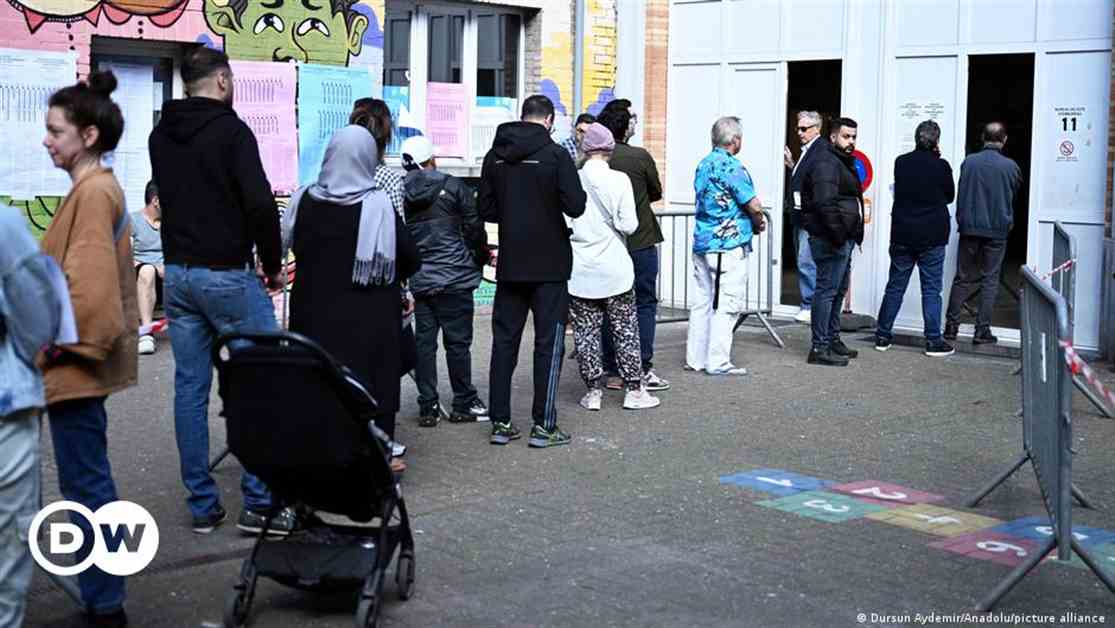Belgium: National vote amid rise of far-right and far-left
Belgium is gearing up for national and regional elections on Sunday, with a unique linguistic divide between Dutch-speaking Flanders and French-speaking Wallonia at the forefront. The elections coincide with the European Parliament elections, adding to the significance of the political landscape in the country.
The national vote is anticipated to showcase a surge in support for far-right Flemish separatists, posing potential challenges in forming a new government. Historically, Belgium has faced lengthy delays in forming governments, with the previous federal election in 2019 taking 493 days to appoint a new prime minister to lead a seven-party coalition government.
This time around, fears loom over the possibility of breaking the world record for government formation, set at 541 days following the 2010 vote. The rise of the far right in Flanders and the far left in Wallonia has sparked concerns of prolonged political negotiations.
In Flanders, the far-right Vlaams Belang is expected to secure over 25% of the vote, advocating for independence for the region. The New Flemish Alliance (N-VA), a right-wing nationalist party, follows closely with a projected 20% of the vote. Despite Vlaams Belang’s lead, other Flanders parties, including the N-VA, have committed to keeping the far right out of government, potentially averting a breakup of Belgium.
Conversely, Wallonia may see a shift towards the far left, with the Socialist Party projected to claim a significant portion of the vote. The Workers’ Party is also gaining traction, with notable support in the Brussels region and Wallonia. The rise of radical parties in both regions could complicate government negotiations, as they are likely to be excluded from potential deals.
The contrasting political landscapes in Flanders and Wallonia reflect Belgium’s complex dynamics, fueled by linguistic, economic, and ideological differences. As the nation heads to the polls, the outcome of the elections will shape the future of Belgium’s governance and unity amidst the rise of far-right and far-left movements.








